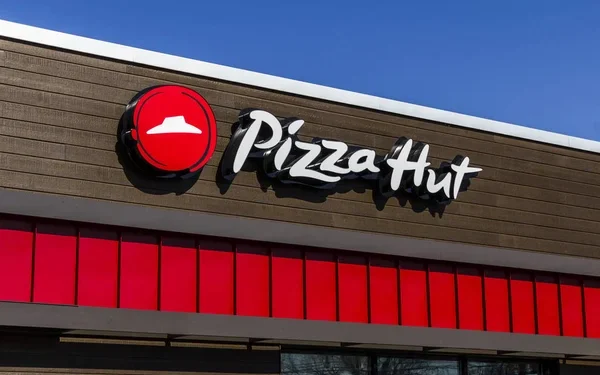Jakarta, Indonesia Sentinel — Pizza Hut Indonesia has shuttered 20 outlets and laid off 371 employees between January and September 2024, highlighting the growing financial challenges facing Indonesia’s food and beverage (FnB) sector. The company, managed by PT Sarimelati Kencana, reported mounting losses and a decline in revenue in its Q3 2024 financial statement.
This development mirrors recent struggles faced by KFC Indonesia, which also closed multiple outlets and laid off thousands of workers following a staggering IDR 558.7 billion loss during the same period.
Mounting Financial Losses
As of September 30, 2024, Pizza Hut Indonesia operated 595 outlets, down from 615 at the end of 2023. The layoffs reduced its workforce from 5,022 employees in December 2023 to 4,651 by September 2024.
Financially, Pizza Hut Indonesia reported a loss of IDR 96.7 billion in Q3 2024, nearly tripling its IDR 38.95 billion loss in the same period last year. Revenue also declined significantly, from IDR 2.75 trillion in Q3 2023 to IDR 2.03 trillion in Q3 2024.
Causes of Decline
Boy Ardhitya Lukito, Director of Operations at PT Sarimelati Kencana, cited two main factors contributing to the company’s poor performance:
- Weakened Purchasing Power: A decline in Indonesia’s middle-class economic status has led to reduced discretionary spending, including dining out.
- Geopolitical Factors: The Israel-Palestine conflict has indirectly affected consumer sentiment toward the company, though Lukito refrained from addressing the impact of recent boycott campaigns.
While both factors have taken a toll, the company has been unable to determine which has had a greater impact on sales.
Strategic Response
In response to these challenges, Pizza Hut Indonesia has implemented a rebranding strategy by redesigning the interiors and exteriors of its outlets. The company has introduced the “Ristorante” concept in 30 locations to create a more modern and appealing dining atmosphere.
Despite these changes, the company has no immediate plans to open new outlets. Instead, it is focusing on improving the performance of its existing stores and exploring ways to reconnect with consumers amid a challenging economic environment.
Indonesia Tax Amnesty III: A Boon for the Wealthy, a Burden for Ordinary
Industry-Wide Challenges
Pizza Hut’s struggles are indicative of broader issues within Indonesia’s FnB sector, where companies are grappling with evolving consumer behaviors, economic pressures, and geopolitical uncertainties. The sector, traditionally viewed as resilient, is now forced to adapt quickly to remain competitive and relevant.
While the future remains uncertain, Pizza Hut Indonesia’s efforts to revamp its image and retain its customer base will determine whether it can weather this storm and regain profitability.
(Becky)


























